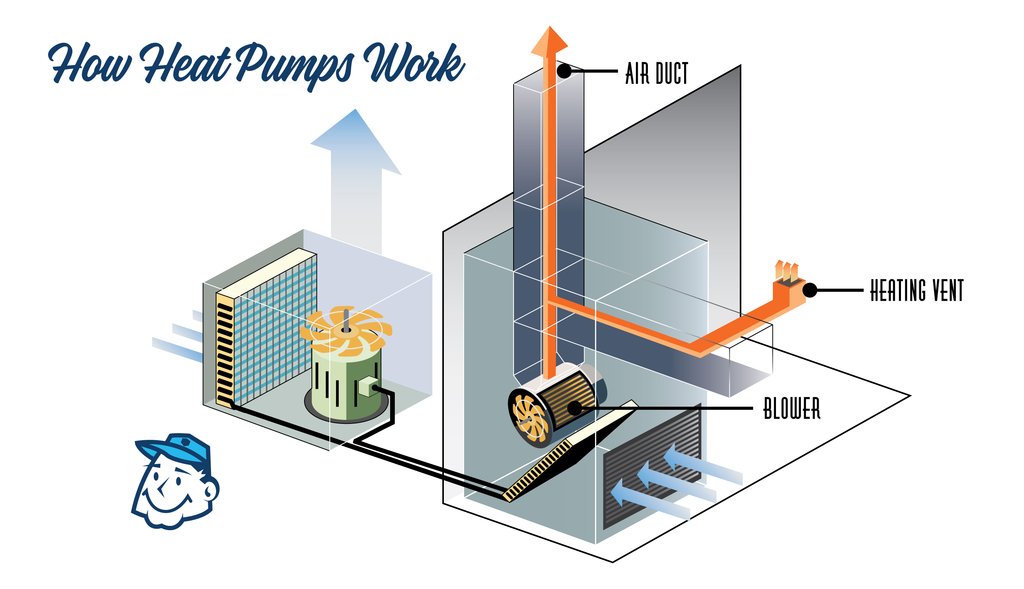Residents in 364 homes across seven tower blocks in Sunderland are embracing the green housing revolution with the removal of their gas boilers in place of renewable and low carbon ground source heat pumps.

Gentoo Group are delivering the 'Core 364' project with the support of energy and regeneration specialist, ENGIE, and ground source heat pump specialists, Kensa Contracting. Mobilisation for the heating upgrade programme commenced October 2019, with all systems expected to be replaced by late Summer 2020.
The growing number of ground source heat pump installations in existing and new build housing comes in light of Government's new National Design Guide and imminent Future Homes Standard; both of which recommend heat pumps as sustainable heating alternatives to fossil fuels.
In addition, Building Regulation updates outlawing boiler flues containing combustible materials removes the option for like-for-like replacements in multiple occupancy buildings, adding to the growing list of reasons to remove gas from buildings.
The Gentoo scheme will see further improvements in the tower blocks including the installation of sprinklers, upgrades to the incoming electricity supply, upgrades to fire alarm and detection systems, and the removal of the gas supply to the tower blocks.
David Broom, Commercial Director at Kensa Contracting, said, "Electrification of heat with ground source heat pumps not only makes buildings safer and cheaper to run, but also immediately reduces carbon emissions, and more importantly puts UK homes on the pathway to Zero Carbon as grid infrastructure is further decarbonised."
Each Kensa Shoebox ground source heat pump -- one per flat -- will be connected to a fifth generation district heating system consisting of ambient shared ground loop arrays. An underground aquifer will provide the heat source for the tower blocks, accessed via open loop boreholes drilled to depths of 60 m. The ambient system prevents heat losses, overcoming overheating in the tower block communal areas, and boosts the system efficiency.
The decentralised heat pumps provide heating independence to the tenants, with each able to shop around for the cheapest electricity deal, whilst reducing carbon emissions by an estimated 420 tpy and improving local air quality. As the grid further decarbonises, the carbon savings of the system will become even more pronounced.